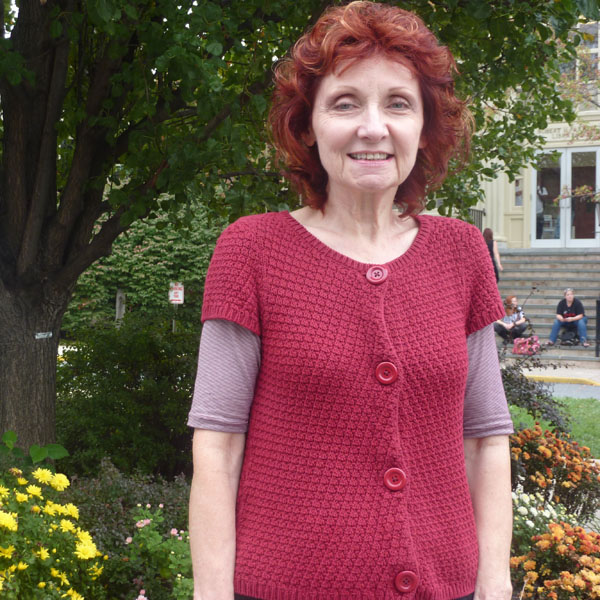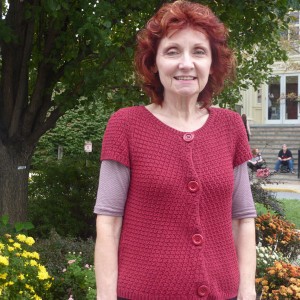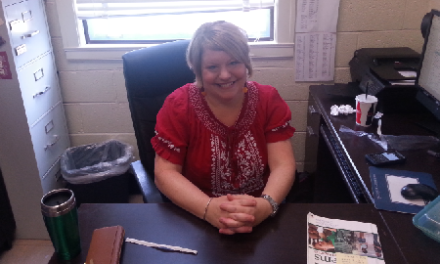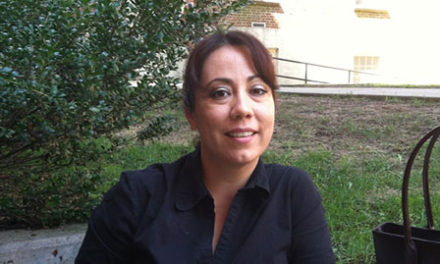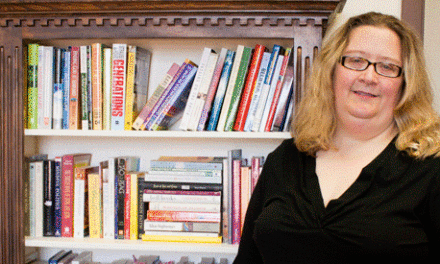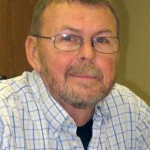Q: What college did you attend as a student, and with what degrees have you graduated with, including minors, Associate’s, Bachelor’s, Master’s, and Doctorate’s?
Whitman-Smithe: I attended the University of Connecticut for all. I earned a Bachelor’s in Special Education, a Master’s in Education Psychology, specializing in counseling, and my Ph.D. in adult learning and development.
Q: Where did you first start teaching?
W-S: A middle school in Connecticut. I ran a research room. Back then, we didn’t associate with elementary education, so I didn’t teach all of the subjects like elementary teachers. I had a classroom of eleven students with mental and learning disabilities. Students would come to my classroom mostly for math and reading help.
Q: What grade levels did you first teach?
W-S: Middle school, so sixth, seventh, and eighth.
Q: What other jobs did you have prior to Wesley?
W-S: During the summer [while working at the middle school], I worked at an institution where all clients had mental disabilities. We would arrive at 7 in the morning, and either go to the hospital or their cottage with the clients.
Q: What did you do at the cottage with your clients?
W-S: Well, we would help give breakfast and then we would get on the bus to go to school with the clients. I had three kids, where they were in the second to lowest IQ levels. Some didn’t walk, some didn’t talk.
Q: How did you like that job?
W-S: It was very hard, but not because of the clients. To the other teachers, I was an outsider. There was one time I saw a teacher push a client where he scraped his side. When we got back to the cottage from school, I had to explain why he was scraped up. Teachers did not like me because I told the truth to the appropriate people.
Q: What do you consider your biggest learning experience?
W-S: As a graduate, I lived in a graduate housing program. I lived with people from all over the world. I learned diversity and I eventually went to India for three weeks. I met my husband (Whitman-Smithe is married to English Professor Randy Clack) in that house, and my education in diversity was living in the same house as all of those foreigners with their strange accents, different food selections, and different socio-economic statuses.
Q: Where did you first teach college?
W-S: Shippensburg University of Pennsylvania. I taught educational psychology and went out around the area to observe student teachers. I taught by reading a paragraph of the text to the class. I didn’t have time to learn the material, and my students complained. My evaluations were horrible, but they don’t teach you to teach college. They just expect you to know it, and if you’re not on a tenured track, they don’t want you.
Q: What grade have you most enjoyed teaching?
W-S: College. But I worked at a technical high school as a tutor for kids with disabilities. Then, they made it a requirement to have a degree in special education, which at the time I didn’t have. That job was fabulous, but I had to leave because I needed to be certified.
Q: Do you think you’ll ever go back to teaching younger students?
W-S: Never, oh no. I can’t imagine that; I left in 1983.
Q: Who was your inspiration for becoming a teacher, if anyone?
W-S: When I was 13, my mom sat me down and told me she thought I’d make a good schoolteacher. I had never given it a thought, and I did when she said that. But then I left it behind. I didn’t even know if I wanted to go to college, but I came from a family in the working class. My parents didn’t really understand why I wanted to go to school all the time [for Master’s and Doctorate]. I didn’t fit in, and I didn’t want to be in the working class.
Q: What has been the most rewarding part of your teaching experience thus far?
W-S: One that surprised me the most was 1-½ to 2 years ago, a student in my Child and Development class. She was always on Cloud 9, and never really looked like she was hearing anything I was saying. When it got to the research part of the class, she did research on when a parent dies and gave her personal experience of losing her father that summer. Then, she disappeared for a year and I didn’t see her at all. She came in a year or so later, and told me she understood everything I said, and that my packets help people. She told me how what I do helps her, and she said she wanted to follow what I do. She really surprised me because I didn’t think I was getting through to her, but I guess I was.
Q: Do you have any additional comments or “Words or Wisdom?â€
W-S: You never know how you’re influencing your students and in what way, but we come as we are and there’s no faking it. Part of teaching is being yourself.

